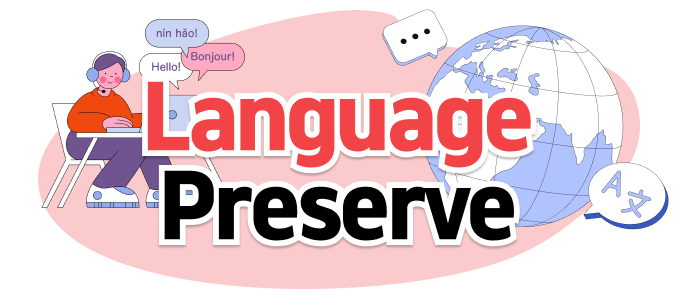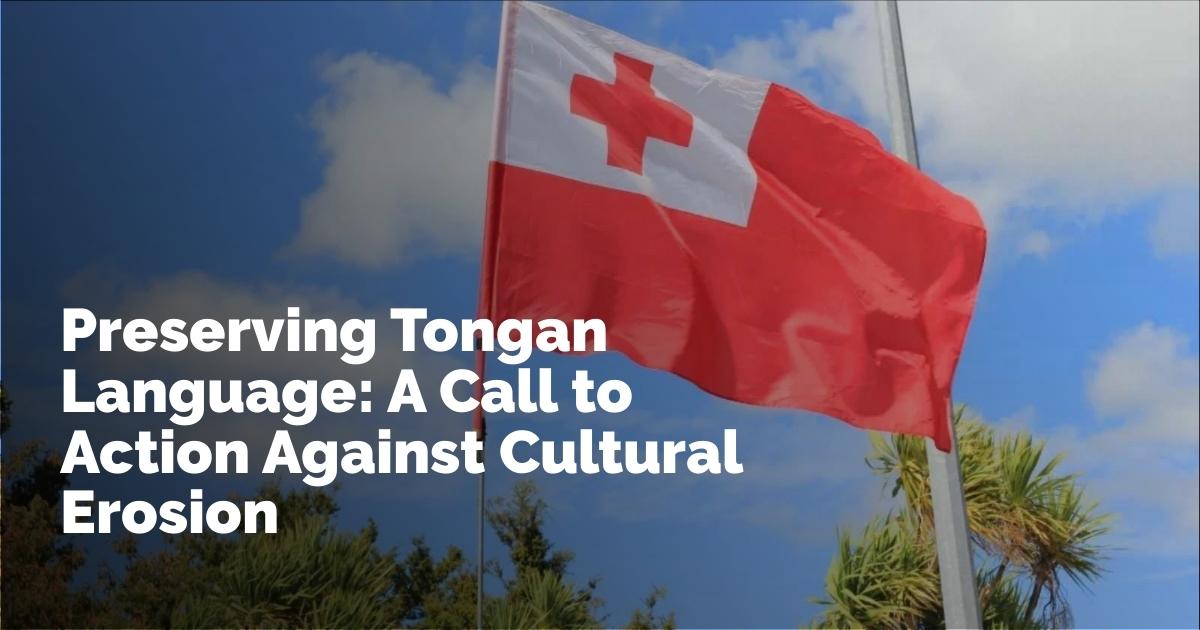Preserving Faka-Tonga: A Call to Action
The Alarming Trend of Language Endangerment
For over thirty years, Japanese linguist Yuko Otsuka has dedicated her career to the study of the Tongan language and culture. Her extensive research and experience have led her to a disconcerting conclusion: the Tongan language, or faka-Tonga, is increasingly at risk of becoming endangered due to the rising preference for English. This linguistic shift raises concerns about the future of Tongan cultural identity, both within the Pacific Island nation and among its diaspora communities.
Otsuka's studies make it clear that the preference for English is closely tied to aspirations for economic success and social advancement in Western countries. As English is regarded as a global lingua franca, proficiency in the language becomes a critical factor for those seeking opportunities abroad, naturally relegating Tongan and similar Pacific languages to secondary status.
Cultural Significance and Identity
The linguistic situation faced by the Tongan community is part of a broader pattern affecting many indigenous languages worldwide. Otsuka emphasizes the unique cultural significance of the Tongan language, spoken by approximately 100,000 people. She laments that the loss of faka-Tonga would mean the disappearance of a rare and irreplaceable aspect of world culture.
Reflecting on her own journey, Otsuka recounts how she first developed an affinity for the Tongan language during her time with the Japan International Cooperation Agency in 1990, where she embraced the local culture while teaching at Vava'u High School. Her passion led her to pursue an academic career in linguistics, focusing on Polynesian languages and formal syntax, ultimately bringing her to positions at prestigious institutions such as Oxford University and the University of Hawai'i, before her current tenure at Sophia University in Tokyo.
Advocating for Language Preservation
Otsuka's commitment to language preservation was recently highlighted during her visit to the University of Auckland’s Centre for Pacific Studies, Te Wānanga o Waipapa. In her seminar, she addressed widespread misconceptions about the perceived safety of faka-Tonga and other Pacific languages. According to UNESCO’s classifications, languages like Cook Islands Maori, Niuean, Tuvaluan, and Tokelauan are vulnerable or endangered, raising an urgent call to action.
Among the many factors threatening these languages, Otsuka points out how diasporic communities experience language erosion most acutely, paralleling trends seen across the globe where minority languages struggle to maintain intergenerational transmission, especially as younger generations tend to assimilate into dominant cultures.
The Crucial Role of Diasporic Communities
Statistical data from New Zealand’s 2018 Census illustrates the alarming trend in tangible terms—only 12% of Tongan children under 15 in Aotearoa have proficiency in faka-Tonga, a sharp decline from previous figures. This decline serves as a warning signal for the broader community, signaling the potential for rapid language loss within a single generation if proactive measures aren't taken.
Otsuka stresses the urgency of reversing this trend by fostering language use at home, encouraging families to speak faka-Tonga with their children. She reassures families that their children will naturally acquire English skills through societal exposure. Engaging with Tongan language and traditions at home can establish a cultural foundation that withstands the pressures of assimilation.
Education and Social Perception
The role of education in language preservation cannot be underestimated. Drawing parallels with Māori in New Zealand, Otsuka highlights the critical impact of social perceptions and historical policies on language survival. Many languages have been unjustly stigmatized due to colonial histories that promoted English while suppressing native languages.
To counteract these legacies, Otsuka argues for increased recognition and inclusion of Pacific languages within educational systems, thereby enhancing their social status and perception. However, the true impetus for language vitality resides within the family unit and community, where daily interaction and informal learning can sustain the language beyond formal education settings.
A Collective Effort for a Sustainable Future
The threat faced by faka-Tonga is emblematic of the challenges confronting numerous minority languages worldwide. Otsuka's research and advocacy underscore the importance of a collective effort among policymakers, educators, families, and communities to preserve linguistic diversity. By fostering an environment that celebrates and supports the use of maternal languages, the rich cultural tapestry they represent can be safeguarded for future generations.
In conclusion, Yuko Otsuka's call for action serves as a reminder of our responsibilities to both embrace linguistic heritage and address the forces contributing to its decline. The preservation of faka-Tonga and other endangered languages is not just a matter for linguists and scholars—it’s a global challenge that requires the dedication and cooperation of all communities involved.
출처 : Original Source

